Having a healthy set of teeth is not just about having a nice smile. Our teeth play a crucial role in our overall health and well-being. When we lose teeth, whether due to injury, decay, or other reasons, it can take a major toll on our oral health, as well as our general health.

Difficulty Eating and Poor Nutrition
One of the most noticeable effects of missing teeth is difficulty eating certain foods. When we have gaps in our smile, it can be hard to chew properly, especially foods like fruits, vegetables, and meats. This can lead to a limited diet that lacks essential nutrients. Over time, this can affect our overall health and immune system.
Digestive Problems
Chewing is the first step in digestion. When we don’t chew our food thoroughly due to missing teeth, our digestive system is put under extra strain. This can lead to issues like indigestion, acid reflux, and even gastrointestinal problems over time.
Bone Loss and Changes in Facial Structure
Our teeth are vital for the structure of our jawbone. When a tooth is missing, the bone in that area can start to over time. This can lead to a sunken appearance in the face. As a result, it can make a person look older than they are. It can also affect the fit of dentures or other dental prosthetics.
Shifting of Remaining Teeth
When there is a gap in the teeth, the surrounding teeth may start to shift and move into the empty space. This can cause misalignment of the teeth, leading to bite problems, jaw pain, and even further tooth loss. It can also make it more challenging to clean the teeth properly. This can further increase the risk of decay and gum disease.
Increased Risk of Gum Disease
The gaps left by missing teeth can create spaces where food particles and bacteria can accumulate. This can increase the risk of gum disease, which is an infection of the tissues surrounding the teeth. Untreated gum disease can lead to further tooth loss and even more severe health complications.
Impact on Self-Esteem and Mental Health
The look of our smile can have a huge impact on our self-esteem and confidence. Missing teeth can make people feel self-conscious about their smiles. As a result, people can develop social anxiety and a reluctance to engage in social activities. This can take a toll on mental health and overall quality of life.
Preventing and Treating Missing Teeth
Good oral hygiene—brushing, flossing, and regular dental check-ups—is crucial to prevent the negative effects of missing teeth on overall health. If you lose a tooth, you must replace it as soon as possible.
Replacement Options Include:
Dental Implants: These are artificial tooth roots that are surgically placed into the jawbone. They provide a strong foundation for replacement teeth. This allows them to look, feel, and function like natural teeth.
Dentures: These are removable appliances that replace missing teeth and surrounding tissues. They can be partial dentures for a few missing teeth or full dentures for an entire arch of missing teeth.
Dental Bridges: These are prosthetic teeth attached to adjacent natural teeth or dental implants to “bridge” the gap left by missing teeth.
